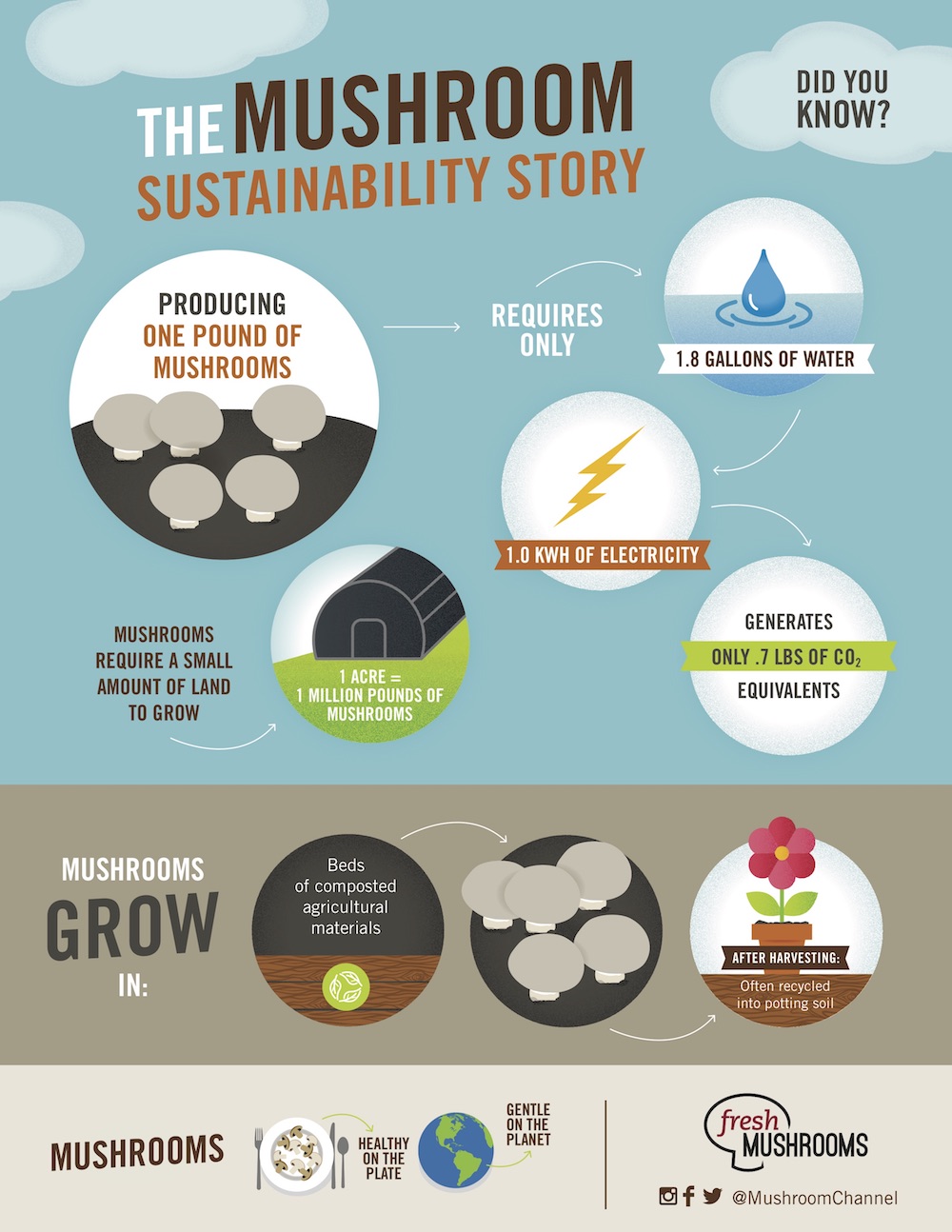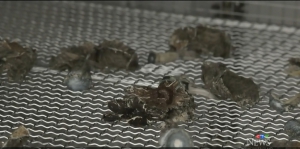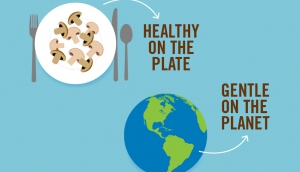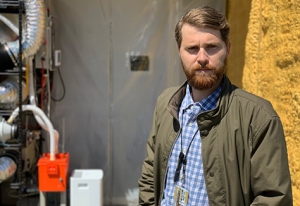Researchers in the field of mental health are increasingly looking to produce natural psychedelics as a treatment option, and some of the country's leading research in that field is happening in Nanaimo.
At a secret location in the Harbour City, researchers at Numinus Bioscience have spent years developing medical psilocybin mushrooms.
"We have actually created the first natural psilocybe mushroom product that has been accepted by Health Canada," said Sharan Sidhu, vice president of scientific research innovation and lab operations with Numinus Bioscience.
Please read the full article here.
Source: CTV News Vancouver Island
The mushroom sustainability story
Today, consumers are beginning to use one more guideline to determine how to spend their food dollars – sustainability. The public is increasingly curious about where and how their food is produced and what impact it has on the environment; and for good reason, the world’s population is rapidly expanding, and it’s estimated there will be over 9 billion people on the planet by 2050.
A mushroom sustainability study reveals the mighty mushroom not only is healthy on the plate, it’s also gentle on the planet.

The study finds production of a pound of mushrooms requires only 1.8 gallons of water and 1.0 kilowatt hours of energy, and generates only .7 pounds of CO2 equivalent emissions. In addition, the annual average yield of mushrooms is 7.1 pounds per square foot – meaning up to 1 million pounds of mushrooms can be produced on just one acre.
Even though this research is from 2017, it becomes even more relevant in the coming years.
Please click here for the full article and research material.
Imagine being able to sustainably produce a nutritious and delicious food product that is not constrained by specific environmental conditions required to support a predominately plant-based agricultural industry.
Kennesaw State University researcher Christopher Cornelison is exploring the possibilities of improving the food supply chain by leveraging innovative technology to expand the opportunities for mushroom production in Georgia.
“We must be able to develop sustainable methods for producing readily preserved and nutritious foods without regional climactic limitations,” said Cornelison, an assistant professor of microbiology in the College of Science and Mathematics and director of the BioInnovation Laboratory at KSU. “Mushrooms are an ideal crop as they only rely on three environmental factors that can be regulated to optimize growth yield—humidity, temperature and carbon dioxide concentrations.”
Although sales of these spore-bearing fruiting bodies of fungi accounted for more than $3.1 billion in U.S. economic impact according to a 2019 American Mushroom Institute report, they are still underutilized.
Cornelison said more than half of the nation’s mushroom production is associated with a single county in Pennsylvania. The substrate used in this production, primarily mulch, is transported from the Midwest to meet the demand.
That is why Cornelison is now focused on determining the feasibility of growing culinary and commodity mushrooms in Georgia via low-cost and efficient production systems housed in modified shipping containers with embedded environmental control systems.
With a new $25,000 award from the venture development program of the Georgia Research Alliance (GRA), Cornelison’s goal is to study the potential commercialization of growing these mushrooms on media or substrates of regional agricultural wastes such as peanut shells, corn chaff or spent brewing grains.
Please read the full article here
























